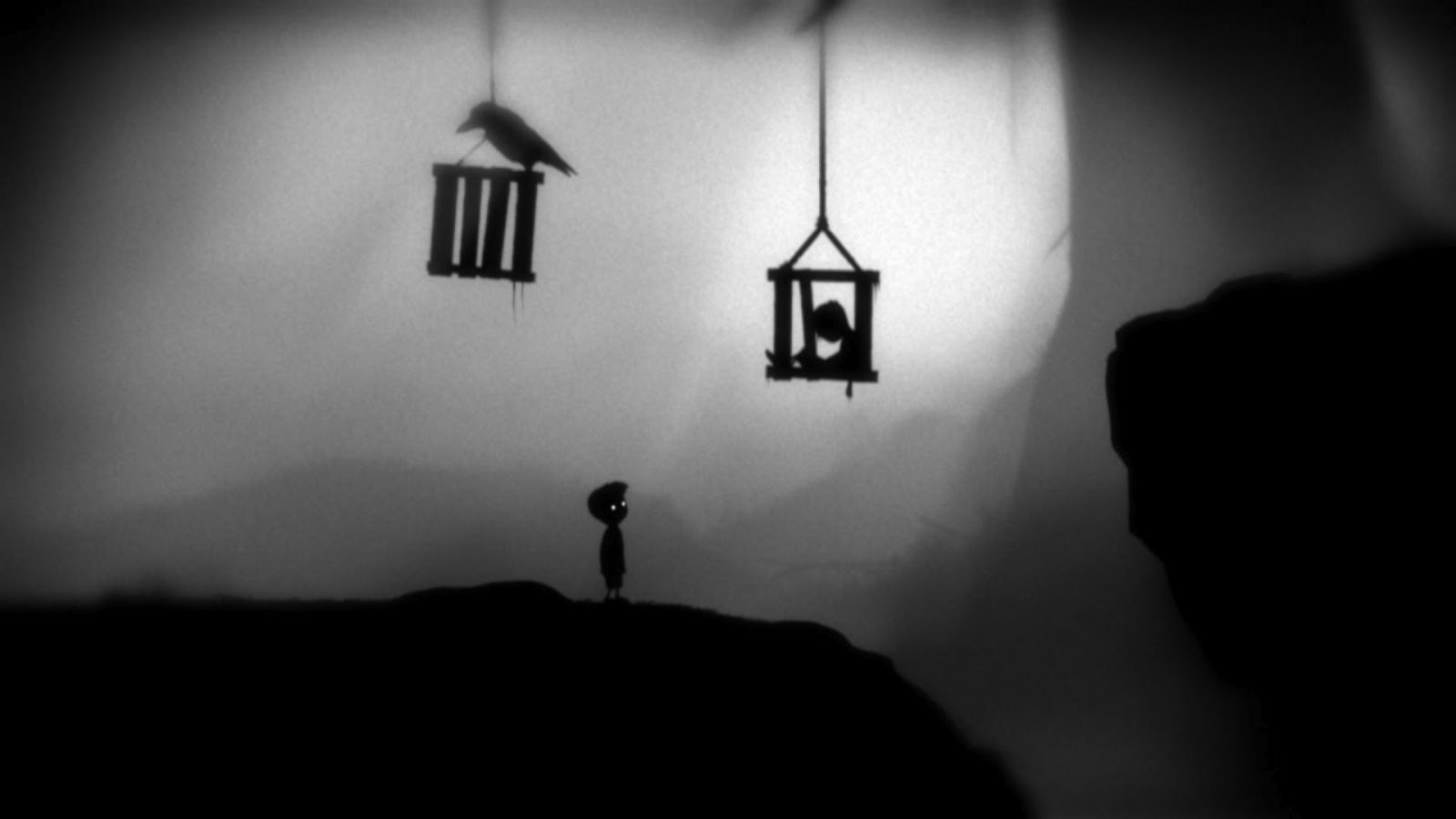Pat Davet
A religious analysis of Playdead’s LIMBO by Patrick Davet.
LIMBO, a 2010 game by Danish developer Playdead was released on the Xbox Live Arcade, is one of the most successful independent games of all time. What it tells is a disturbing story of a young boy who awakens in a forest at the edge of hell. Its title actually comes from the Latin word “limbus” meaning “the edge.”
The game and surprisingly simple: there’s no text, no dialogue, and no explanation. You are only able to figure out these puzzles by… well, dying. A lot. You die a lot in this game and you don’t just die, you die violently. It really does drive the point home death is horrific and because you’re playing as what looks to be a child, it’s all the more terrifying every time you are killed by one of his fears. He faces drowning, darkness, spiders, and in the end, death all over again. All of these obstacles that he has to face represent different fears that the boy must have faced during his life on Earth.
This boy has and has awakened in Limbo. It’s the world between life and death in traditional Christian philosophy. Dante highlighted it the best in his Divine Comedy: it’s one of the first chapters of Inferno. In Limbo unbaptized babies or souls whose bodies have not yet been buried reside in this place. This layer of hell isn’t traditionally considered to be a layer. It’s not torturous. In fact, the only reason it’s a layer is because nothing really happens. Christian religions also teach that anyone who died without knowledge of the Bible, or the Gospel are sent to Limbo. Ancient Greek philosophy holds that Limbo is just Elysium, an enormous field where you just hang out. Just think of the word Limbo without its religious connotation. It means held up. The game plays with this and its states of death: you’re constantly being held up. The only way to overcome this is to keep pushing on, to keep dying, and eventually the game ends exactly where you started.
The game’s ending is left wide open for interpretation. The developer Playdead wanted fans to figure out exactly what was going on for themselves. A lot of people believe that the game is an interpretation of some kind of religious purgatory. Another theory believes that it’s to find closure for his sister’s death, who he encounters at the end. All of the game all these theories exist online and Playdead has been open to all of these theories. They want people to dig deeper… into themselves, and into the game.
Resources:
